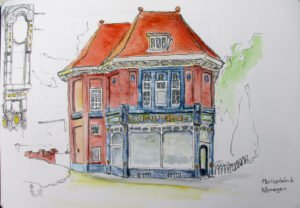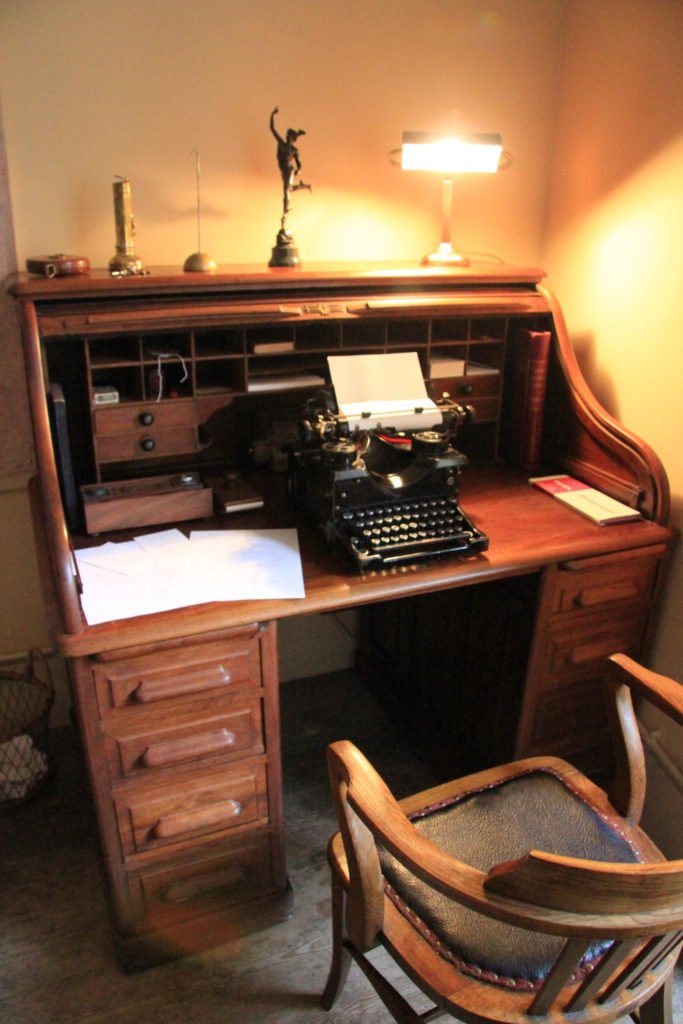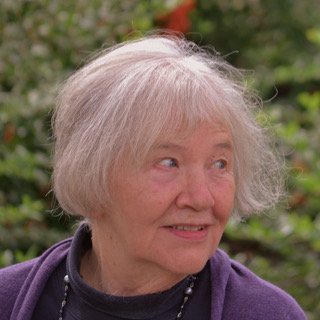Maida Westabrook was a brave little girl who had a “floating mass of hair, pale gold and tendrilly” and also a serious chronic illness, which had at one time confined her to a wheelchair, but that was in the past. She could now walk, albeit with difficulty, and had many friends. She also had a devoted—and, happily, wealthy—father, a widower who cherished the life of this his only progeny and thus was devoted to making her life satisfying, stimulating, and worthwhile.

To that end, as can happen only in fiction, he provided her (in a long line of books devoted to these enterprises) a series of subsidized challenges and opportunities. The first was Maida’s Little Store, in which she—with the help of her many, cheerful, friendly, and not at all opportunistic friends—stocked and ran a store and learned the elements of American free enterprise.
That book was first published in 1909 and by the 1940’s, when I was a child, it had been joined by at least six more sequels—Maida’s Little House, School, Island, Camp, Village, Houseboat and Theater. I loved them all. This publishing bonanza went on beyond my childish reading tenure to Maida’s Little Cabins, Zoo, Lighthouse, Hospital, Farm and Houseparty, excursions I can only imagine. The last, Maida]s Little Treasure Hunt appeared in 1955. I bet it was great.
My childhood reading was a magical garden of such post-Victorian fantasy, along with Heidi (and all those sequels by “Spyri’s Translator”), Little Women (with all the progeny to follow), and oh yes, the Nancy Drew books (written, it turns out, by a veritable factory of writers, new ones every decade).
Many of these books have turned out to be classics, the originals anyway, if not the sequels – but Maida seems to have been forgotten. Sometimes when talking to women of my approximate generation, I put this question: did you read Maida? It’s only seldom—like someone being rewarded with a sudden Masonic handshake—I get that knowing smile and a nod. Oh yes, Maida. She was the real thing, true escapist literature with no pain. In the Maida books, all the suffering is behind her (or, if you want to get technical, ahead). In the golden land of Maida’s little enterprises, the only challenges are logistic, temporary or emotional. The rewards are many and always wholesome. At least that’s how I remember it.
As part of a recent foray into reconstructing some parts of my childhood (at least the ones I can stand to remember) I’ve been looking into those treasured books that made life worth living in those days. Naturally I thought of Maida. Who wouldn’t? and looked her up on the internet.

To my surprise and not without some interest, I find that Maida’s creator, Inez Haynes Irwin (no ghost writers for her, no factories of scribblers) was, in the early part of the twentieth century, a prominent suffragist. While she was churning out this series of unending pleasurable challenges for little Maida—who, as far as I can tell, never got much older, certainly never experienced puberty—Irwin was fighting for the right of all women, women without rich daddies, women who had to face the perils of adulthood and find their pleasures as they might, to at least be able to vote on how and why those pleasures might be regulated. For that, I salute her.
And also, if you like escapist literature of a certain kind, I can certainly recommend her work. Copies of at least some of her books are available at both Barnes and Noble and Amazon. But alas, you won’t find them at the local library. I’ve looked.

Share this post with your friends.

